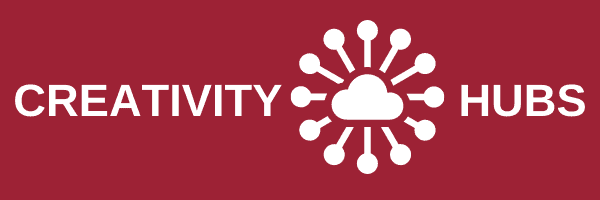
Four interdisciplinary groups of researchers in the College of Medicine at the University of Arkansas for Medical Sciences (UAMS) have been named as inaugural “Creativity Hubs” in an initiative to develop and expand collaborative, thematic research programs with high potential.
Each hub will receive $300,000 over the next 18 months to jumpstart efforts to increase research, building on existing expertise of researchers across UAMS, Arkansas Children’s and other partnering institutions. The hubs also will use the funding from the college and UAMS Office of the Vice Chancellor for Research and Innovation to develop mentorship and pipeline programs to bring new and diverse investigators into the fold. The efforts are expected to position the teams to obtain additional external grant funding to support comprehensive, elite research programs.
“We are incredibly excited to see what these hubs can accomplish in the months and years ahead,” said Susan Smyth, M.D., Ph.D., executive vice chancellor of UAMS and dean of the College of Medicine. “These are all relevant and timely areas for expanding research to support our mission to improve health in Arkansas and beyond.”
The hubs and their leaders are:
- Neurodegenerative Diseases – Co-led by Steven Barger, Ph.D., professor in the Department of Geriatrics; and Paul Drew, Ph.D., professor in the Department of Neurobiology and Developmental Sciences.
- Musculoskeletal Health and Disease – Led by Teresita Bellido, Ph.D., professor and chair of the Department of Physiology and Cell Biology.
- Lifespan Research to Improve Cardiometabolic Health – Led by Elisabet Borsheim, Ph.D., professor in the departments of Pediatrics and Geriatrics and associate director and research leader in the Arkansas Children’s Nutrition Center.
- Artificial Intelligence (AI) for Health – Led by Fred Prior, Ph.D., Distinguished Professor and chair of the Department of Biomedical Informatics.
Smyth initiated the Creativity Hubs concept late last year in coordination with the College of Medicine Office of Research, led by Vice Dean Nancy Rusch, Ph.D. Research groups were invited to submit “visionary briefs” to help identify signature research areas and emerging research concepts that, with an additional modest investment of seed funding, have strong potential to expand with future external funding.
“We received 23 applications and many really great ideas from across our basic science and clinical departments,” Rusch said. “Our researchers have a strong record of collegiality already, but they clearly recognized the opportunity for more focused, interdisciplinary work with the support of the college and UAMS.”
Rusch noted that some of the hubs are extensions of well-established research areas that already receive substantial federal and other grant funding. In contrast, the Artificial Intelligence for Health hub represents an emerging area of research that will be central to health care in the years ahead. She said all of the hubs will benefit from the internal funding boost and greater collaboration.
Shuk-Mei Ho, Ph.D., UAMS vice chancellor for research and innovation, said her office is pleased to support the Creativity Hubs initiative. “We often think creativity is innate, but it is essentially a learned trait,” Ho said. “When a group of innovative minds interacts on a regular basis, they are more likely to find creative solutions to a problem. That is team science at its best.”
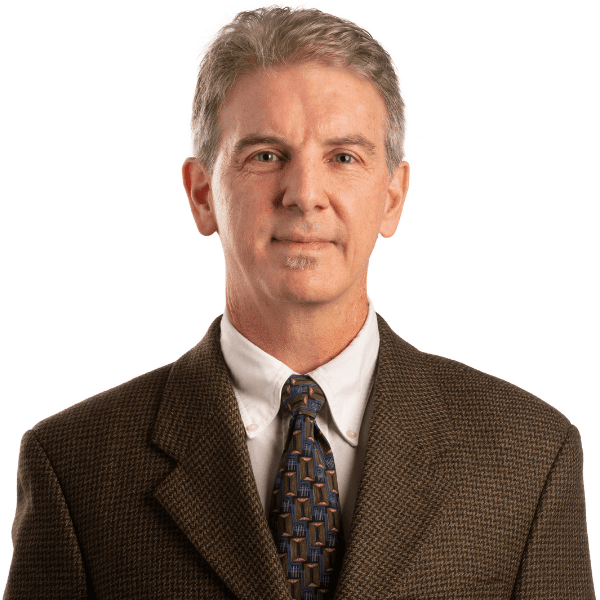
The Neurodegenerative Diseases hub is the result of two separate proposals – one from Barger with a strong focus on Alzheimer’s disease and one from Drew that emphasized other neurodegenerative conditions. With overlapping issues, researchers and expertise in the two areas of focus, they look forward to leading the combined hub.
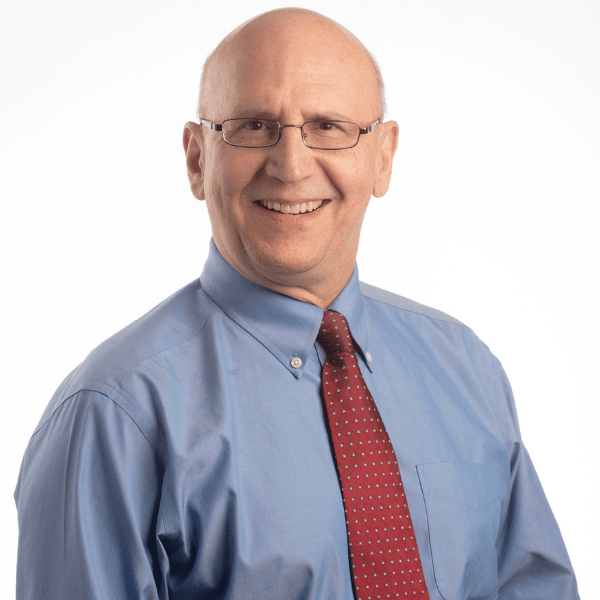
“I think that exemplifies the unifying nature of the Creativity Hub initiative – it is inclusive and collaborative,” said Barger. “This funding will ensure that we not only maintain traditional strengths but also create new paths of progress through previously unseen opportunities to collaborate. We will learn from each other and pool resources.”
“Neurodegenerative diseases affect millions of people and have devastating personal and societal consequences,” said Drew. “These diseases more commonly occur in adults and elderly individuals, and the incidence of these diseases has increased dramatically as lifespan has increased. There are limited treatment options for most neurodegenerative disorders, and thus it is critical that basic science and clinical researchers collaborate to develop novel therapies.”
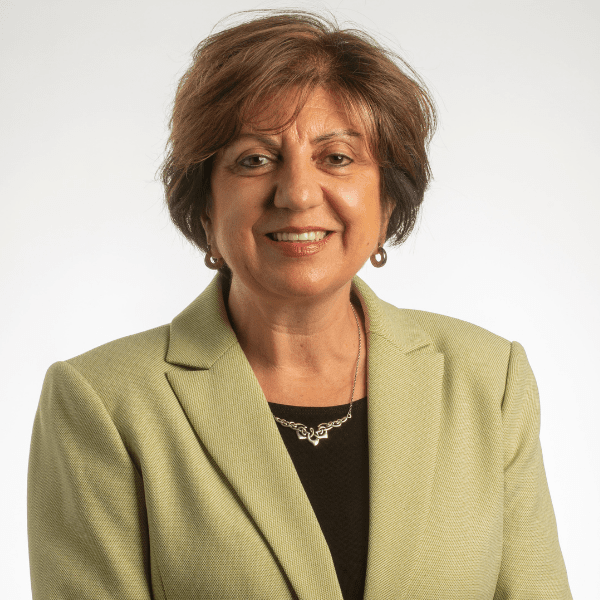
The Musculoskeletal Health and Diseases hub will leverage the expertise of longstanding, internationally recognized research groups at UAMS and its partners to expand work in osteoporosis, osteoarthritis, developmental skeletal abnormalities, poor nutrition, and cancers that negatively impact the skeleton such as multiple myeloma and breast cancer, hub leader Bellido explained.
“We identified key areas for investment that will take advantage of the existing strengths to promote synergy between, and expand the abilities of, existing programs,” she said.
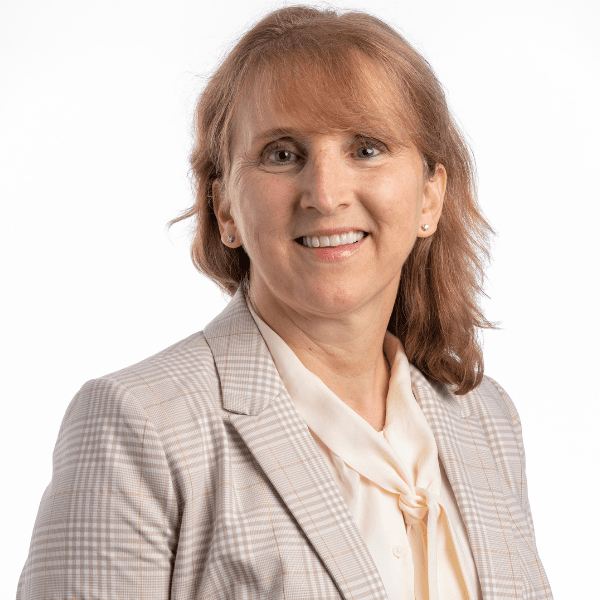
Hub funding for the Lifespan Research to Improve Cardiometabolic Health group will help bring together researchers at the Arkansas Children’s Nutrition Center, the Arkansas Children’s Research Institute and the UAMS campus who work along a spectrum of health issues in pre-pregnancy, gestation, childhood, adolescents, young adults and older adults, said hub leader Borsheim.
“Heart disease is the leading cause of death in Arkansas and in the U.S. as a whole,” Borsheim said. “Known risk factors for heart disease in adults include high blood pressure, diabetes, smoking, obesity, suboptimal diet, and physical inactivity. Early life exposure can impact health and disease across the life course. Understanding early-life factors and their relations to trajectories of cardiometabolic health can help us develop effective and strategic interventions directed towards critical time periods to prevent cardiometabolic disease.”

Through the Artificial Intelligence for Health Hub, Prior will lead efforts to establish a framework for future research and grant funding in the area and, ultimately, guide the integration of new AI tools into clinical practice.
“Artificial Intelligence is being embedded into almost everything we deal with – from TV sets to cars,” said Prior. “It has already made a major impact on biomedical research and is beginning to be felt in the clinic. UAMS needs to be prepared to wisely choose appropriate tools and to use them knowledgably. We need to pool our knowledge and expertise and grow resources and skills in this space. AI is a train that already left the station. We need to be on board and helping to select the next destinations.” Learn more about each of the hubs in Q&A interviews with the hub leaders. Click here to read all of the interviews, or go directly to the Q&As for Neurodegenerative Diseases, Musculoskeletal Health and Disease, Lifespan to Improve Cardiometabolic Health, and Artificial Intelligence for Health.
